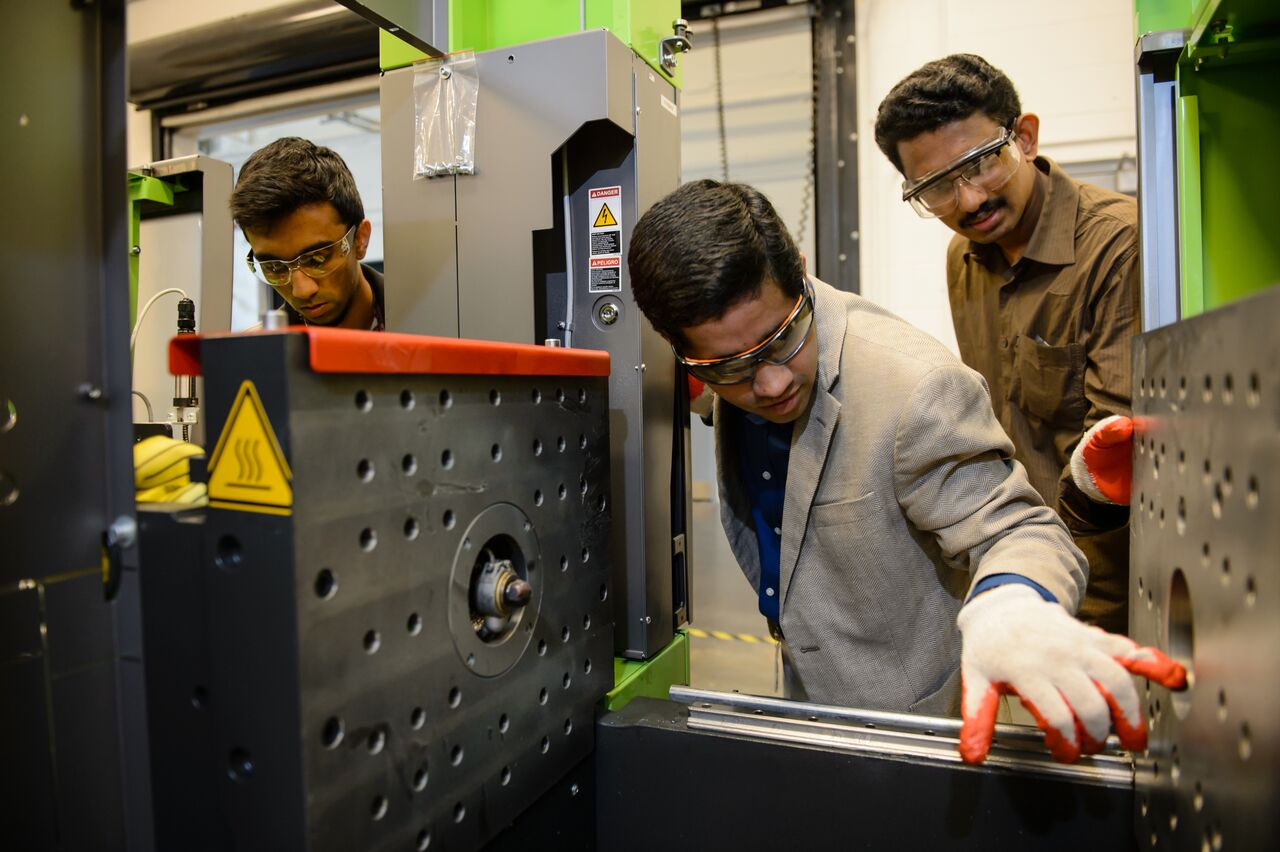Threat of trade war could be boost for composite material
Ross Norton //April 3, 2018//
Some of the major manufacturing leaders in the Upstate are remaining tight-lipped about the effects of tariffs and a possible trade war, but one university professor thinks it could be the time for manufacturers to explore the value of composite materials.
Srikanth Pilla of Clemson University said cost is the biggest barrier to more composite material use in automotive manufacturing but that those materials could become more attractive if steel and aluminum prices rise in the wake of new tariffs.
 Composite materials are widely used in making airplanes and could have big advantages over metals in auto manufacturing, he said. The materials can be made up to 10 times stronger and a fifth the weight of steel, according to a press release from Clemson University. The trouble is that composite materials cost more than steel and aluminum.
Composite materials are widely used in making airplanes and could have big advantages over metals in auto manufacturing, he said. The materials can be made up to 10 times stronger and a fifth the weight of steel, according to a press release from Clemson University. The trouble is that composite materials cost more than steel and aluminum.
Pilla, an assistant professor and dean’s faculty fellow of automotive engineering, is working to close the cost gap in his lab at the Clemson University Center for Automotive Engineering in Greenville.
Higher metal prices, whether or not cause by a trade war, could cause manufacturers to give composites a chance.
Higher prices “means if the mindset changes for the OEMs, there might be more opportunities for more parts to be made from composites. From a technology standpoint, it’s definitely there. But cost-wise, there is always a pushback,” he said. Higher prices “means more industries might start looking at composites for multiple different applications, multiple different components.”
Pilla is leading a team that is working with an original equipment manufacturer to create a driver’s side front-door assembly out of carbon-fiber-thermoplastic composites. The goal is to reduce the weight by 42.5 percent, helping automakers meet new fuel-efficiency standards going into effect in 2025.
Pilla and his team are doing their work as part of a $5.81-million grant they received in 2015 from the U.S. Department of Energy, according to the university news release. Pilla is also the director of the new Clemson Composites Center, which is part of a broader effort to collaborate with industry under the Center for Advanced Manufacturing. The Clemson Composites Center has been approved by Clemson’s Board of Trustees and will be outfitted with new equipment over the next few months.
Pilla is a leading expert in composite materials, said Nikolaos “Nick” Rigas, associate vice president for Strategic Initiatives and executive director of Clemson University’s International Center for Automotive Research.
“The changing landscape of aluminum and steel pricing will certainly have an impact on composite materials,” Rigas said. “Dr. Pilla’s knowledge in this field is extensive and broad. The amount of research funding he has received over the past few years is having a direct impact to the industry. His center for composites manufacturing research will have broad impacts in and out of the state of South Carolina.”
















